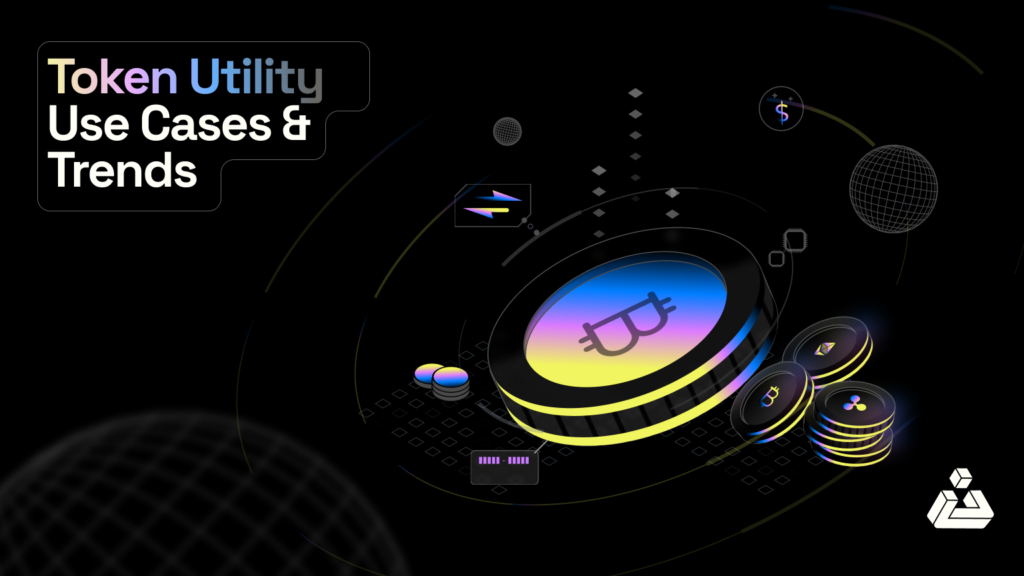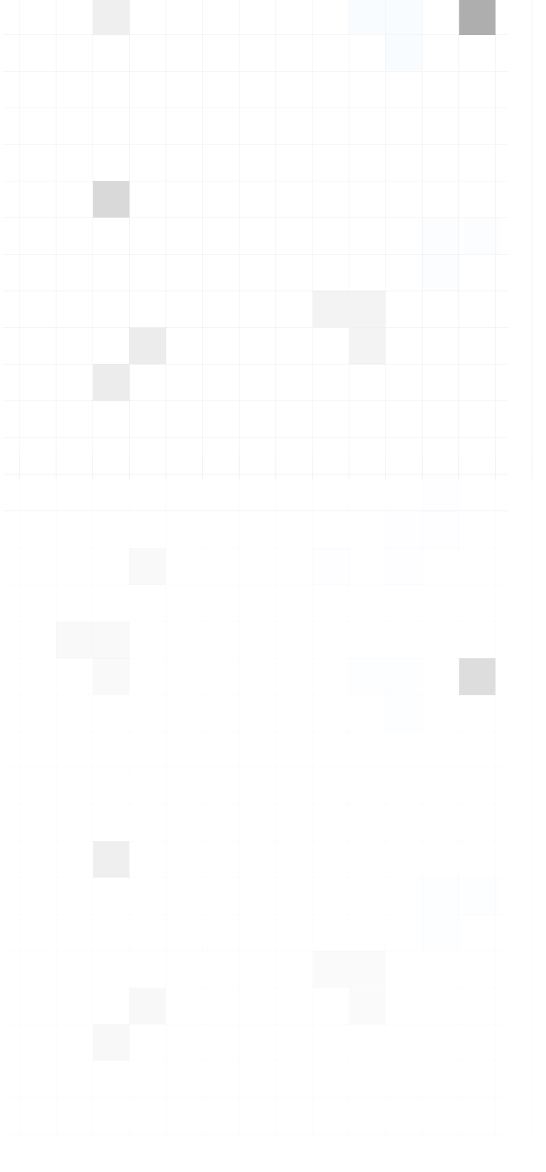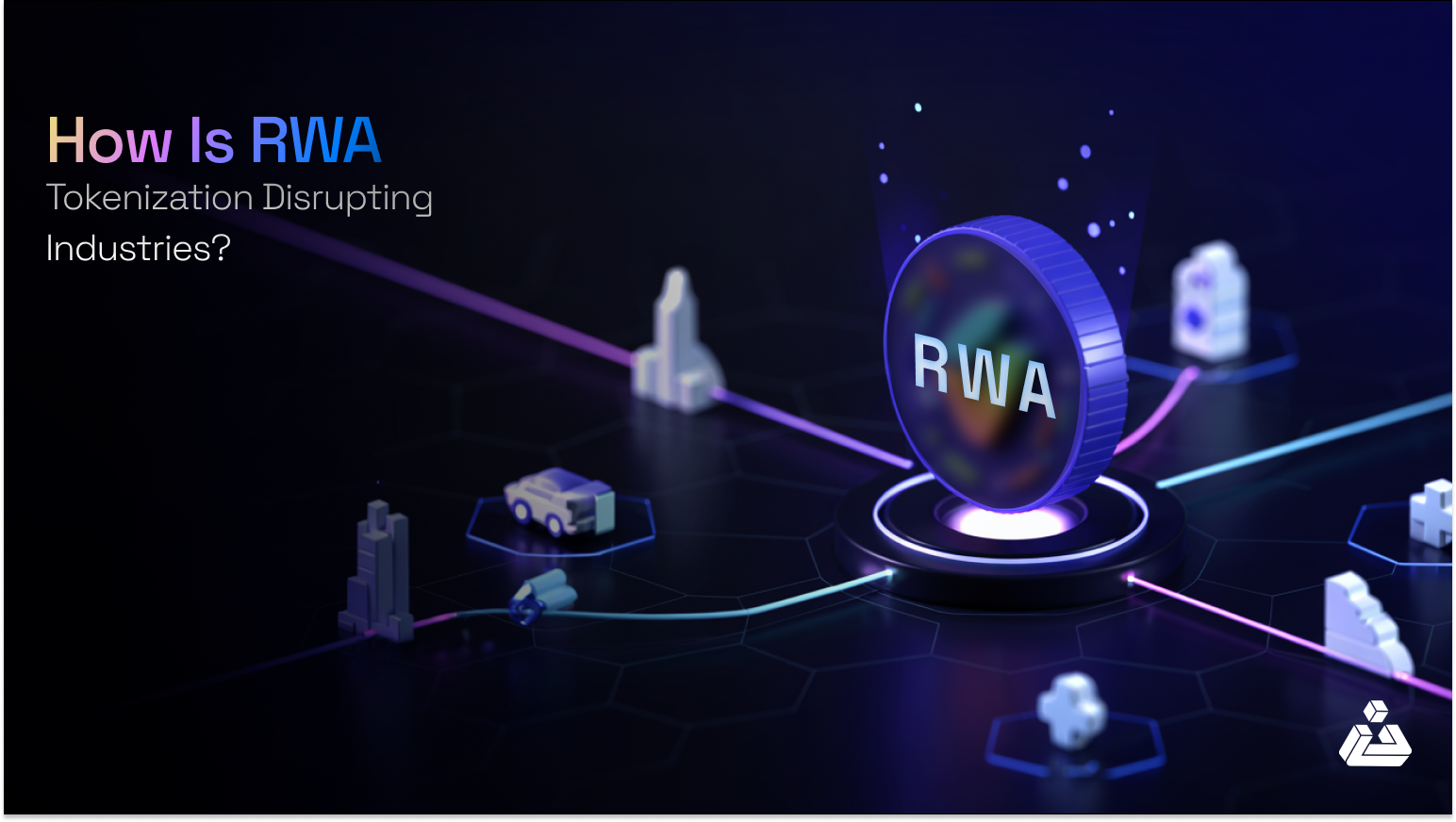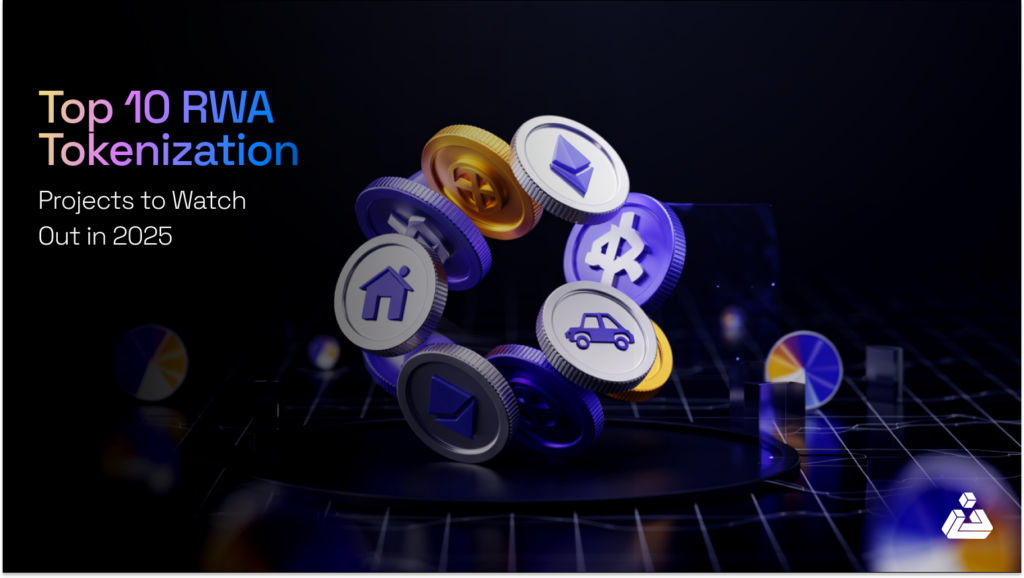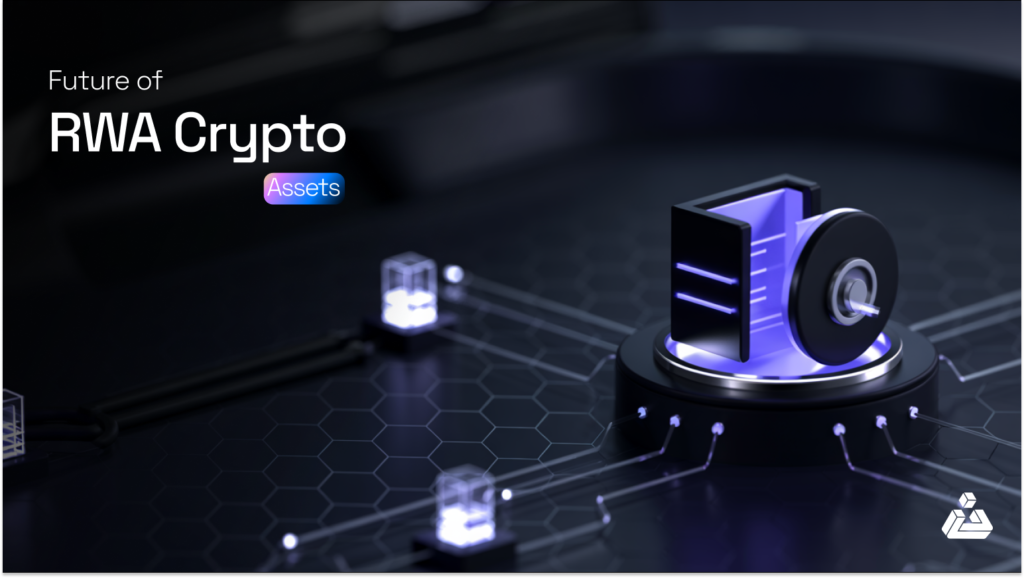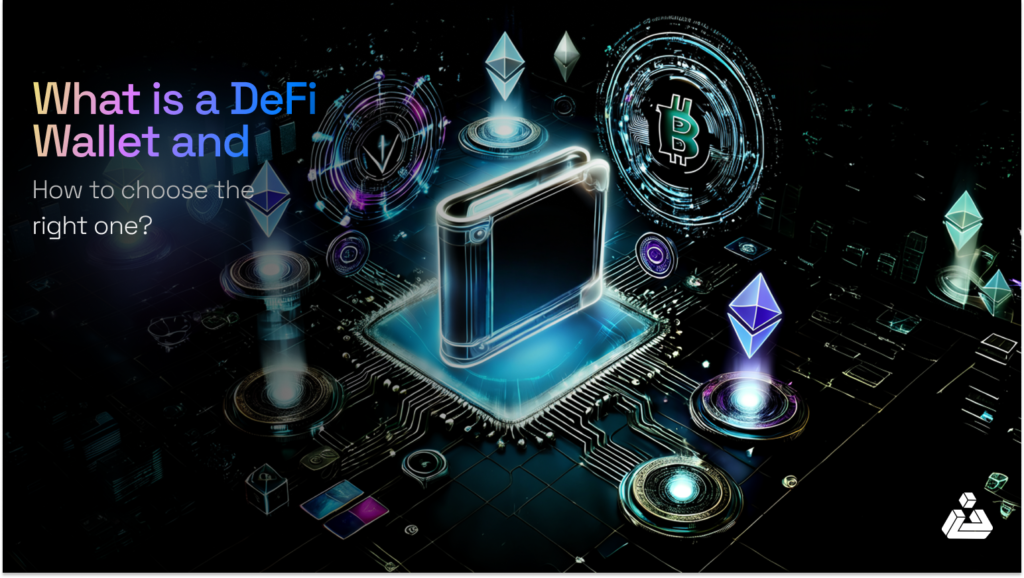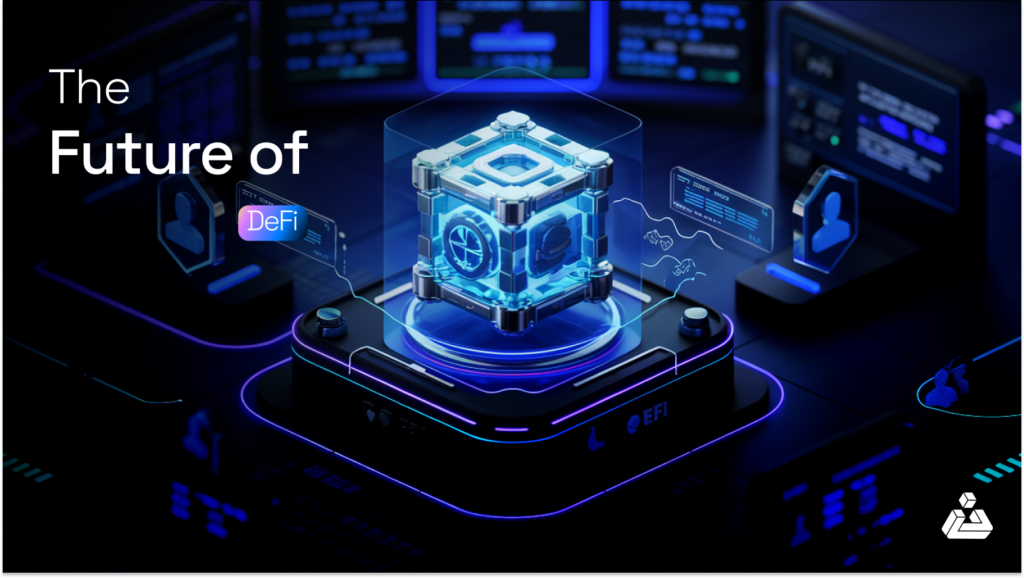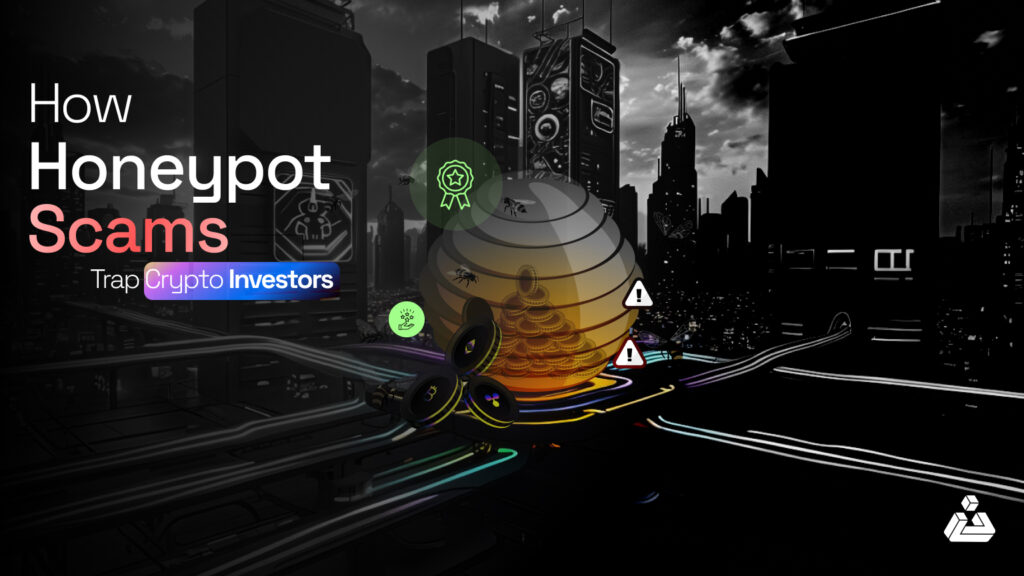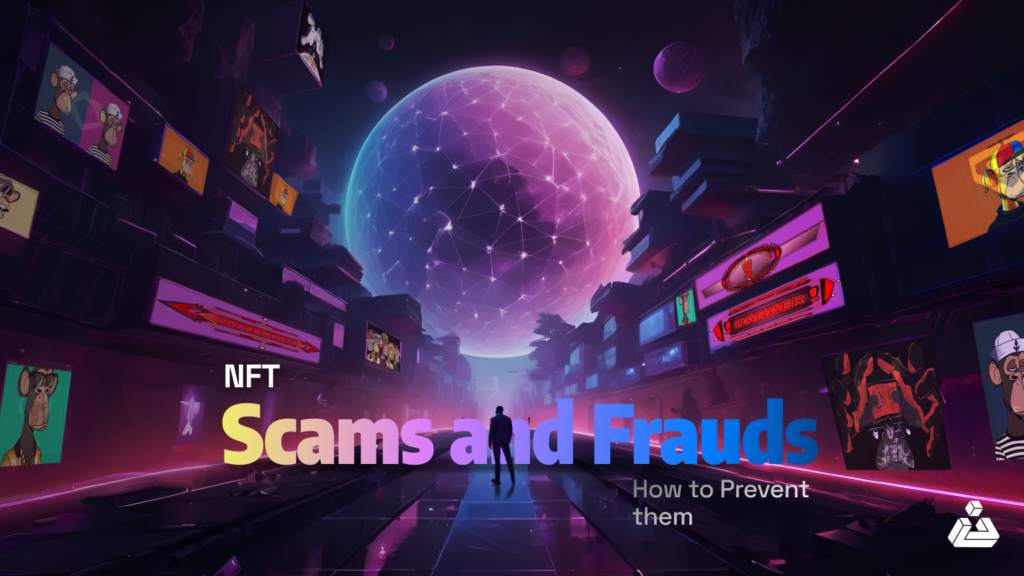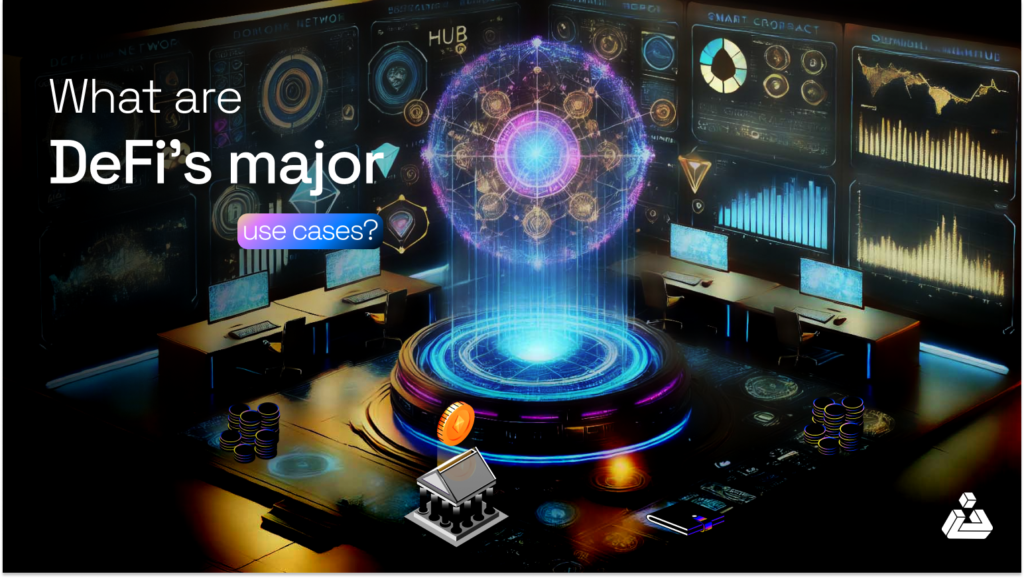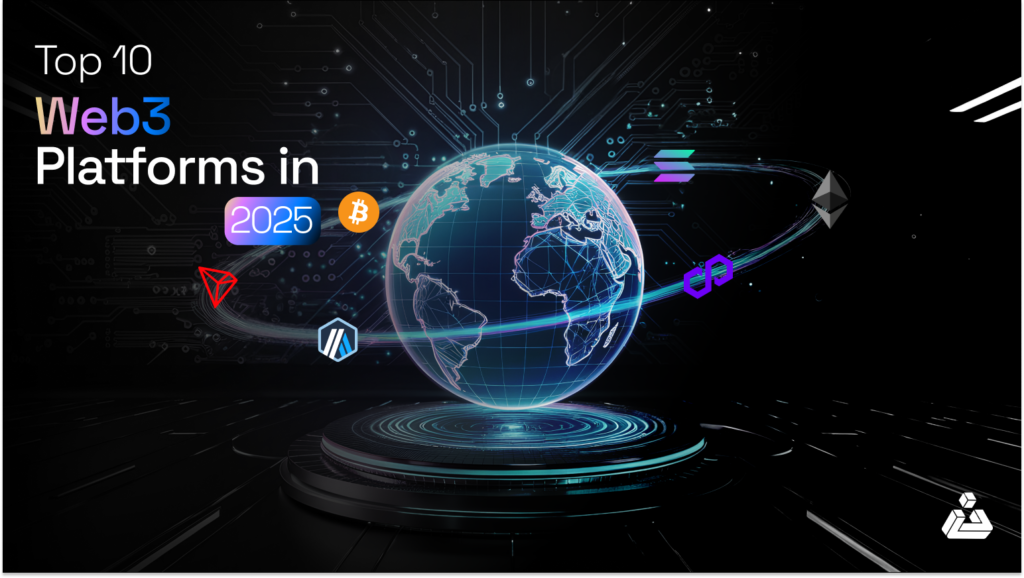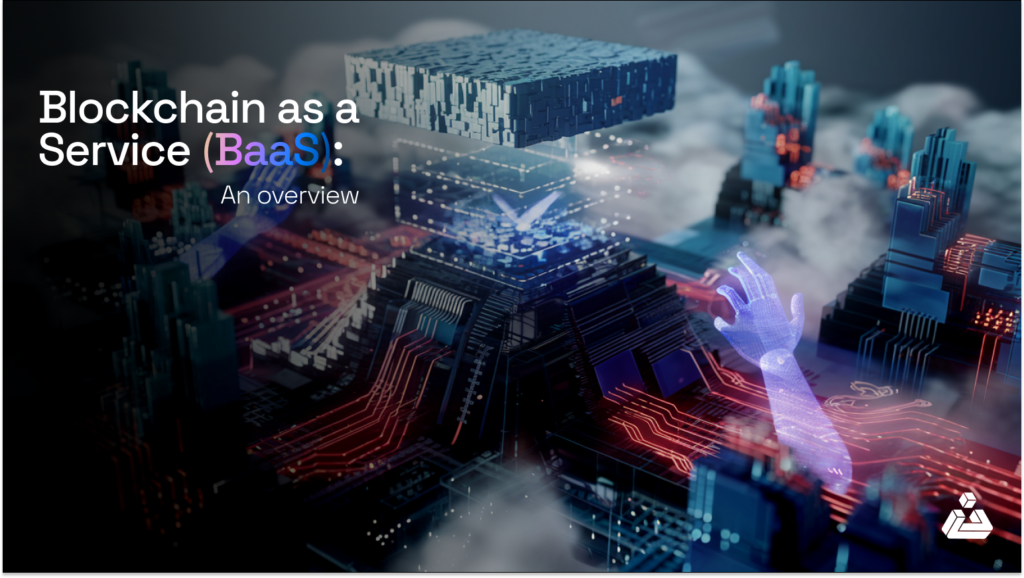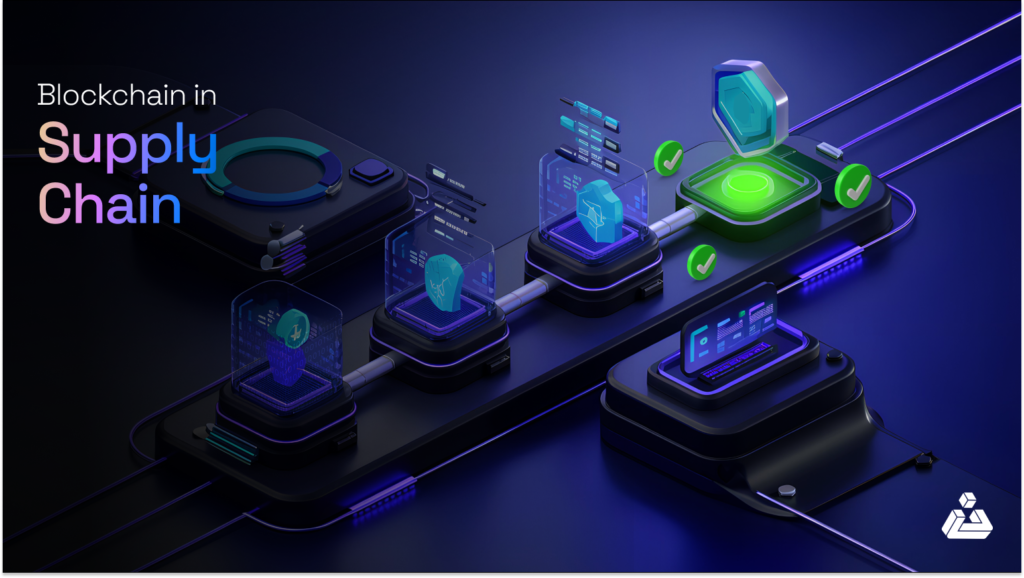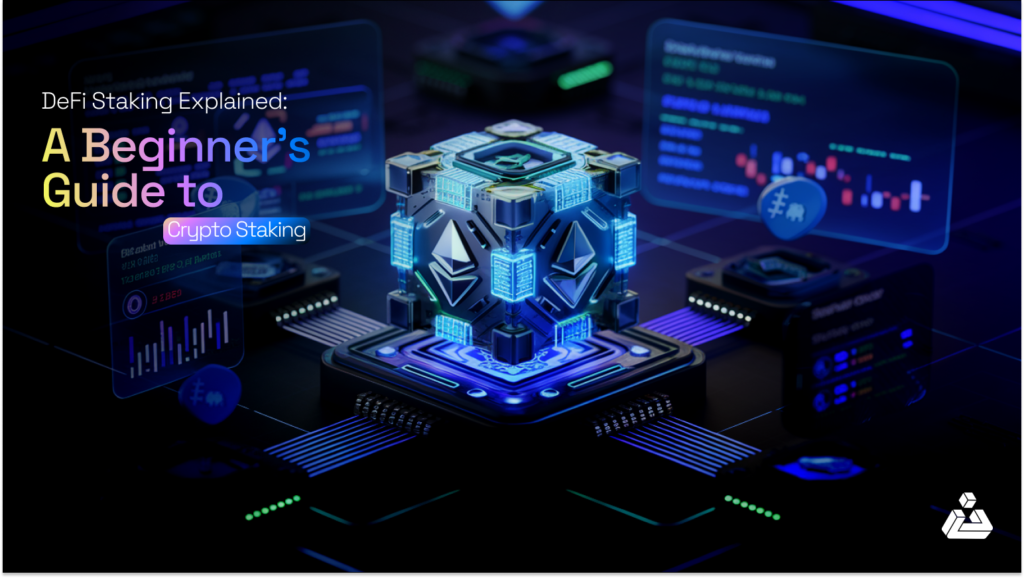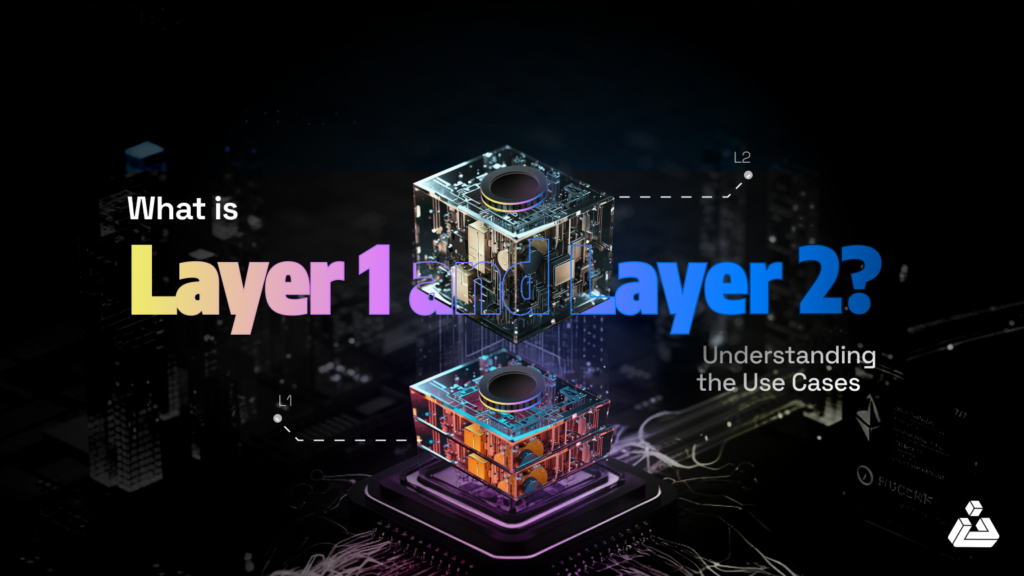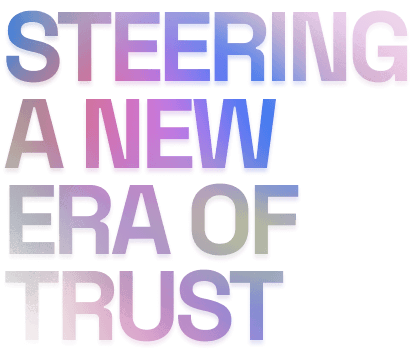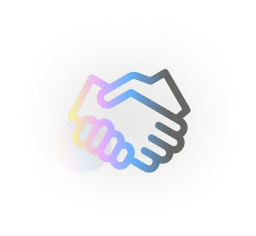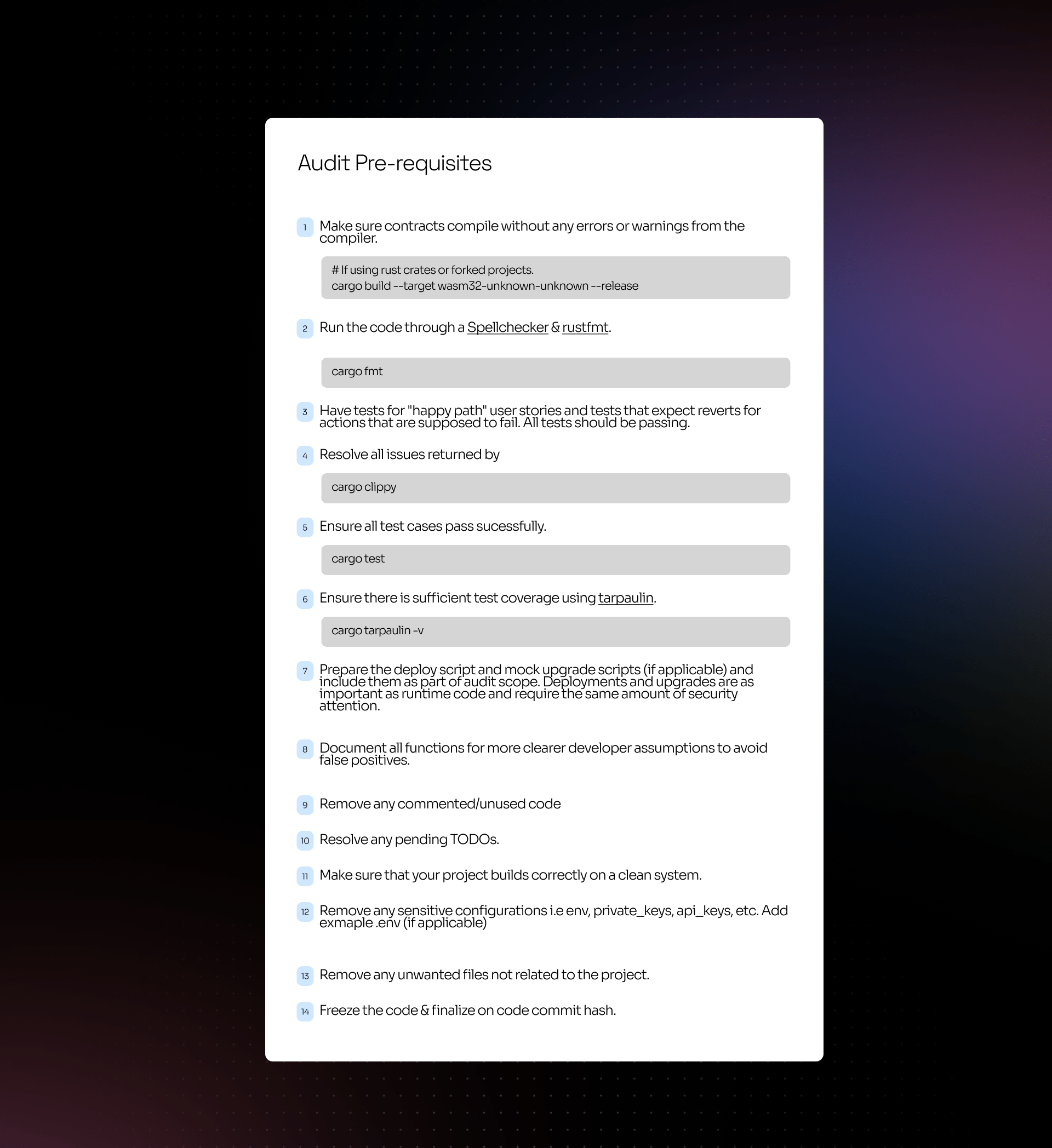Cryptocurrencies, since its inception, has attracted many entrepreneurs, artists, companies, and brands to utilize blockchain in their favorable use cases. However, not all tokens are created equally or hold a similar value. Therefore, to understand the dynamics of cryptocurrency, it is very important to know the utility of tokens, the value they offer, and the use case it serves. These tokens could be used for various purposes, such as payment systems, digital asset representation, or voting rights in a system.
In general, we could categorize the tokens into two forms: fungible and non-fungible tokens.
Fungible tokens are those that can be exchanged for other similar tokens.
On the other hand, non-fungible tokens (NFTs) are unique and irreplaceable.
They both serve a very important yet distinct use case. However, besides just representing a medium of transfer of value or store of value, these tokens serve more than that. They have use cases beyond conventional financial transactions and their utility has been increasing exponentially. This strange yet interesting dynamics of token utility allows users to enjoy various aspects of blockchain technology. So what makes them so distinct? And why is it worth exploring? Let’s see.
What is a Utility Token?
The term utility with tokens implies that these are the utility carriers within blockchain systems. Each utility token is endowed with a smart contract that entails an “if-then” application scenario. They differ with cryptocurrency in their functionality. They are responsible to provide the token holders an ability to utilize the project functionality.
The difference with cryptocurrency
Cryptocurrencies, like Bitcoin or Ethereum, are digital currencies designed to function as a medium of exchange, store of value, or unit of account. They operate independently of a specific platform and can be used to purchase goods and services, traded on exchanges, or held as an investment.
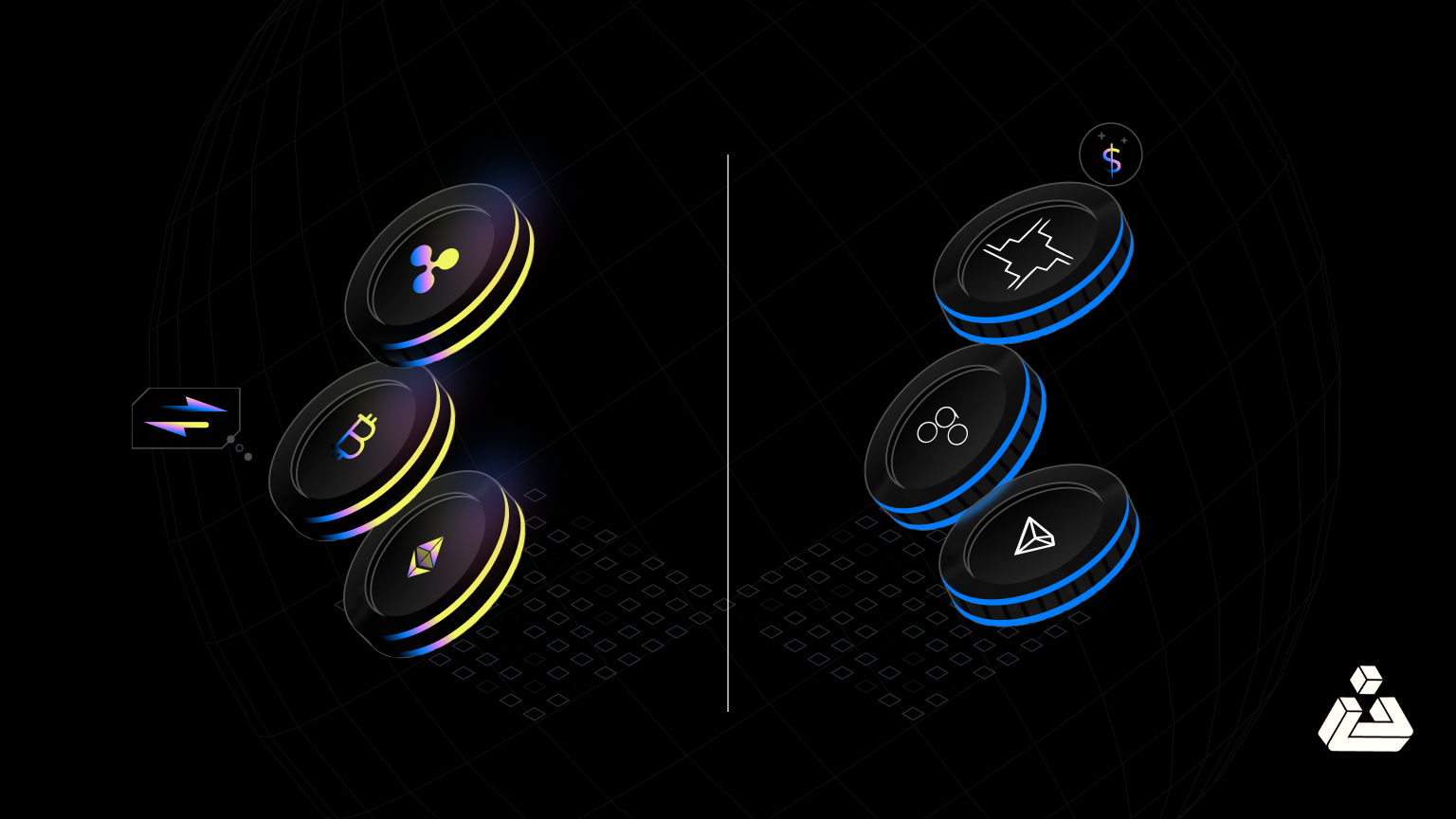
Tokens on the other hand, are digital assets that grant holders access to a specific product or service within a blockchain-based platform or ecosystem. Unlike cryptocurrencies, utility tokens are not intended to serve as a general currency but rather to enable specific actions or access within a particular network, such as paying for services, voting on governance issues, or gaining premium features. The edge that tokens have over general-purpose cryptocurrencies lies in their ability to drive engagement and foster community participation within their respective ecosystems. By providing specific functionalities and incentives, tokens can support the development of decentralized applications and enable new business models, creating value beyond what traditional cryptocurrencies can offer.
Utility tokens are often used in Initial Coin Offerings (ICOs) to raise funds for a project by offering future access to the platform’s features. While they are sold during ICOs, the primary purpose of utility tokens is not to serve as an investment driver but rather to provide holders with access to specific functions or services within a protocol. These tokens are designed to offer a unique value within the ecosystem that could enable users to engage with the platform, such as paying for services, participating in governance, or unlocking premium features. While they may gain value and be traded, their core function is to facilitate the use and development of the platform, rather than to act as a traditional investment asset.
Why We Need Utility Tokens?
They are the smart tokens that offer their users additional bonuses, upgrades, and rewards for their ownership. A typical example of such a token is BNB. With BNB tokens the users get a discount on transaction costs on Binance exchange if they choose to pay the trading fees in BNB. They also have the ability to burn, permanently remove and artificially decrease in supply.
Utilities of Tokens
-
Payment System
One of the most obvious use cases of a token is a means of gas fee during a payment transfer system such as BNB. Not just layer1’s ETH, BTC and SOL, even layer 2’s with the token system give their users the option of paying in terms of tokens for internal products and services. For example, COMP tokens serve as a means of earning interest on deposited tokens or borrowed tokens using their collateral within the compound finance.
Read More About Multidimensional Gas Pricing on Ethereum & How Gas Works in Blockchain?
With rigorous experimentation of blockchain applications in the financial world, we will see the utilization of tokens in various financial factors, products, and services. By requiring tokens for access to features or services, platforms can increase user engagement and loyalty. For example, El Salvador adopted Bitcoin as a legal tender back in September 2021, allowing users to pay with BTC for nearly everything, from real estate to fast food.
Stablecoins is another application of token utility such as USDC and DAI. They are also playing a transformative role in payment systems by bridging the gap between traditional finance and the digital asset ecosystem. Unlike volatile cryptocurrencies, these stablecoins are pegged to stable assets such as the U.S. dollar, providing a reliable store of value that can be used for everyday transactions. In payment systems, stablecoins enable faster, cheaper, and more secure cross-border transactions with low settlement times. For example, USDC is widely accepted by merchants and can be used in decentralized finance (DeFi) platforms for lending, borrowing, and earning interest, all while maintaining a stable value.
-
Digital Tickets
Another potential application of tokens is digital tickets. This innovation offers a unique use case for NFTs. NFTs can be used to create unique tickets and passes for events, which can help businesses increase security and reduce fraud. The digital ticket system will also make it easier for businesses to identify their loyal customers. Members can show their utility tokens as evidence of affiliation.
-
Staking
Staking is the most interesting yet a complicated aspect of blockchain. However, it offers its users high gain over the period of time. This is considered as a passive income for token holders. Staking, contrary to other earning methods, does not require paired tokens, which reduces the chances of risk. Users can simply deposit any single amount of token to get financial rewards. . For example, Pancake Swap allows users to stake CAKE to earn tokens of other projects.
-
Gaming
NFT’s use cases in the real world have disrupted the video gaming industry. Before this, the game developers and publishers were the only ones to gain the profit of income generated by this million-dollar industry. However, with NFTs now we can say that gamers have also the opportunity to earn a decent value from this sector. Players can also play P2E( play to earn) mode which allows players to receive some unique in-game items they can keep or sell to other gamers. Soon in the near future, we will witness the increase of these use cases with the implementation of metaverse.
-
Liquidity Mining
Liquidity mining is another exciting use case of tokens. It allows users to earn rewards while providing liquidity to a platform in a form of supporting the platform. To participate in mining, users should stake paired tokens to get Liquidity Pool (LP) tokens, which they can then stake again in the farm to earn rewards. Mining gives a high value of return however, staking the LP tokens is risky. One should never lose track of the impermanent loss that could happen due to market fluctuations.
-
Intellectual Property Rights
The IP rights is the new concept introduced to the non-fungible tokens world. By representing the intellection or physical world property in the form of NFT, one can protect the virtual assets of the real world. Patent owners can mint their content into NFTs and get them timestamped with ownership IP.
-
Governance
Tokens in governance helps the protocol to shape the future of protocol, This enables users to participate in governance processes by voting on proposals such as protocol upgrades, or parameters change. For example makerDao has its utility token MKR which gives its holders an important responsibility of making decisions around the risk that will impact the system’s future. Another example of this use case is AAVE, which gives its users the right to vote on grant proposals by simply clicking on yes or no.
-
Music Sector
Forgery and copyright issues in music are a pretty common phenomenon. It is also a hectic procedure to claim music rights in the real world. Aside from piracy, musicians often deal with multiple issues, like sharing their revenue with distributors and vendors. With NFTs, musicians can be directly linked to their fans and no third-party interference will be there to divide the profit sharing. Furthermore, NFT can be set to limit the income sharing to a certain
Final Thoughts
The use cases above highlight how token utility is transforming business interactions, with tokenization emerging as a powerful trend. By converting physical assets—such as real estate, art, and commodities—into digital tokens on the blockchain, tokenization is unlocking new avenues for fractional ownership, enhanced liquidity, and wider access to investment opportunities once reserved for a select few.
At Blockapex, we’re passionate about helping businesses harness these opportunities through tailored solutions like tokenomic design, token launches, and governance frameworks. Whether you’re looking to design robust tokenomics, launch a secure token, or implement DAO-driven governance, we’re here to guide you. If you’re ready to explore how tokenization can elevate your business, feel free to reach out.



